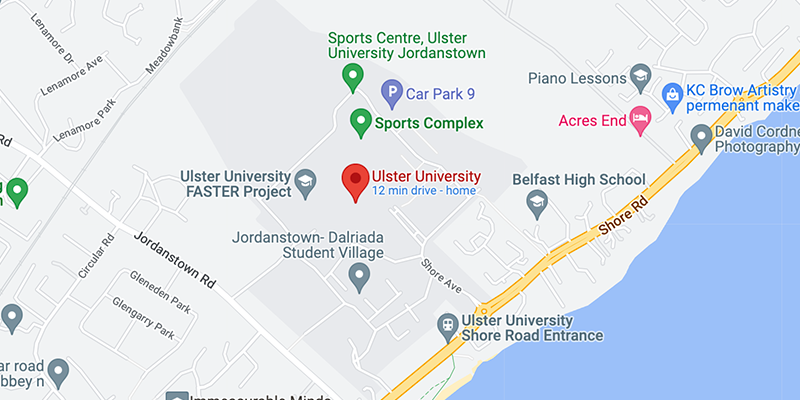Page content
Guest Lecture by Professor Laurel E. Fletcher, Berkeley Law
What parts of their uncomfortable associations should universities remember, and how? Around the world, institutions of higher learning are confronting what to do with symbols of their ties to slavery, colonialism, racism and other projects antithetical to their values. Berkeley Law is about to revisit an ongoing question about its link with the War on Terror that has brought recurring protests since 2004: how the school should address its relationship to the “Torture Memos” of the Bush Administration and one of their principal authors and Berkeley Law professor, John Yoo. The impetus for this discussion is the decision by the new Dean of the law school to consider removing the paintings by Fernando Botero of prisoner abuse by US soldiers at Abu Ghraib. The art is a rebuke to the decision of the United States to rewrite the foundational norms of the rule of law in the pursuit of national security after 9/11. Their potential removal raises questions of memory heuristics: why the paintings are there at all, what they communicate about the past, and whether this past is worthy of commemoration. This article examines the paintings as works of public memory and offers a framework within which to analyze and discuss what the Boteros have come to mean to the law school community. Understanding the Boteros as socially constructed and imbued with multiple meanings, enables us to see their representational work in greater complexity and invests the deliberation about their future as a site for shaping institutional identity and values. By grounding discussion of how the law school should reconcile with this divisive past in memory theory, the article contributes insights into broader debates about how universities should reckon with their shameful or distressing histories.
Ulster University Sports Village
Shore Rd, Newtownabbey, BT37 0QB
Event Info
This event has ended























